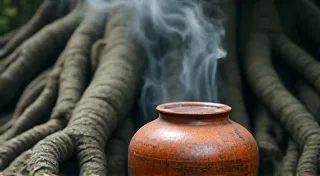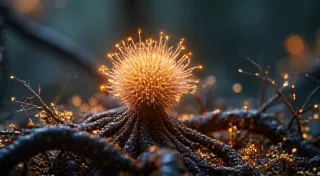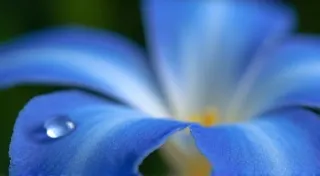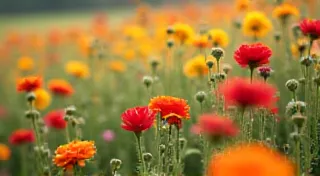The Cartomancer’s Garden: Interpreting the Divinatory Significance of Anise
There's a certain magic that clings to antique accordions. Not just the musical kind, though the resonant bellows and aged keys certainly hold a charm all their own. But a deeper, older magic, born from countless hands, whispered secrets, and the lingering echoes of lives lived. It’s a feeling I’m reminded of when tending to my anise plants – a connection to something ancient, something that transcends the purely practical.
I remember finding my first antique accordion at a dusty estate sale years ago. It was a beautiful, walnut-bodied instrument, its mother-of-pearl keys clouded with age. The owner, a wizened woman with eyes that seemed to hold centuries of stories, simply said, "It’s been waiting for someone to play it again." It’s a sentiment that resonated deeply, and one that has become a guiding principle in my own pursuits – not just with accordions, but with the cultivation of unusual and, often, forgotten herbs. Anise (Pimpinella anisum) is one of those herbs.
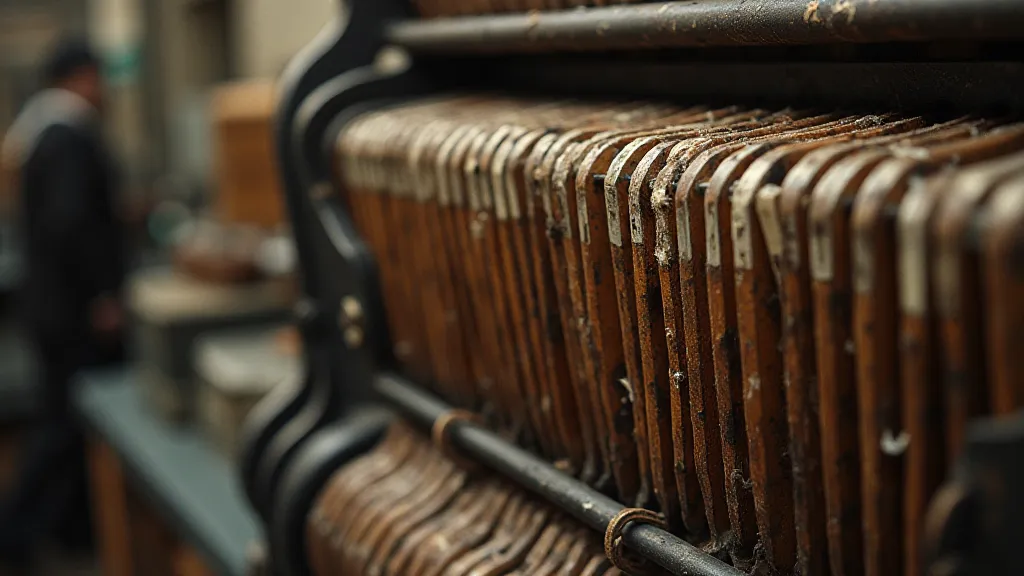
Anise: More Than Just Licorice
Most know anise for its distinctive licorice flavor, a taste that graces pastries, candies, and liqueurs worldwide. But to reduce anise to mere culinary delight is to miss a vital aspect of its history – its profound spiritual significance. The plant's name itself hints at its long-standing association with divination. Derived from the Greek *anísos*, meaning “to drive away” or “to dispel,” it initially denoted a sense of blessedness and protection.
Historically, anise was cultivated in ancient Egypt, Greece, and Rome, not only for its flavor but also for its perceived ability to ward off evil spirits and attract good fortune. The Romans believed that planting anise around the home protected it from lightning and ensured a plentiful harvest. Its fragrance was considered a powerful purifier, cleansing both physical spaces and the soul. Imagine Roman cartomancers, drawing cards illuminated by the flickering light of oil lamps, the air thick with the heady scent of burning anise, seeking guidance from the spirits.
Divinatory Meanings Across Systems
The connection between anise and divination persists across various systems. In Tarot, anise often represents clarity, insight, and protection. It suggests a time for introspection and seeking deeper understanding. Its appearance in a reading can indicate a need to look beyond the surface and trust one's intuition. It can signify a gentle nudge from the universe, encouraging you to release anxieties and embrace the unknown with confidence.
In Lenormand, anise takes on a protective quality, symbolizing a shield against negativity and ill wishes. It suggests that someone is looking out for you, offering support and guidance. It can also represent a sweet or pleasing relationship, a connection built on trust and mutual respect. Think of a skilled Lenormand reader, their fingers brushing over the cards, guided by the subtle aromas rising from a pouch of dried anise nestled beside them. The scent reinforces the message of protection and positive influence.
Beyond Tarot and Lenormand, anise finds a place in folk magic and herbalism. It is frequently used in spells for attracting love, enhancing psychic abilities, and promoting restful sleep. Its fragrance is believed to open pathways to the spiritual realm, facilitating communication with ancestors and spirit guides. Even today, some practitioners incorporate anise seeds into protection amulets and sachets, believing they offer a potent shield against negative energy.
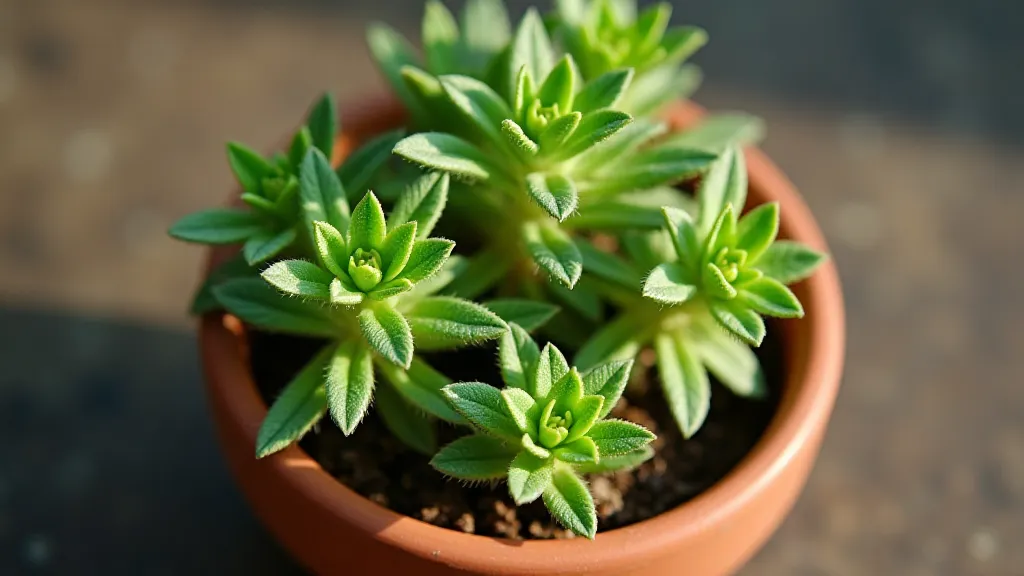
Cultivating Anise: A Gardener’s Ritual
Growing anise is a relatively straightforward process, yet it can be imbued with a ritualistic significance. The plant thrives in well-drained soil and full sunlight, but appreciates partial shade in hotter climates. From seed to harvest, the entire process can become a meditative practice. As you scatter the tiny seeds, visualize them taking root and blossoming into a source of clarity and protection. The aroma of crushed anise leaves while tending to the plants can be incredibly grounding, connecting you to the earth and to the long line of gardeners who have cultivated this fragrant herb throughout history.
The plant is a self-seeder, meaning it readily drops its seeds and pops up again the following year. This characteristic echoes its divinatory meaning of abundance and unexpected blessings. Consider this a gentle reminder to be open to the surprises that life throws your way – often, they arrive in unexpected forms.
The Collector’s Eye: Antique Accordions and Herbal Lore
There's a parallel, I believe, between collecting antique accordions and cultivating rare herbs. Both pursuits are rooted in a reverence for the past, a desire to preserve something precious and connect with a lineage of artisans and practitioners. Just as the bellows of an accordion hold the echoes of countless melodies, the leaves of an anise plant carry the wisdom of generations.
Restoring an antique accordion is a meticulous process, requiring patience, skill, and a deep understanding of the instrument’s inner workings. Similarly, cultivating unusual herbs demands attention to detail, a willingness to experiment, and a profound respect for the natural world. Each endeavor is a form of conservation – safeguarding not only physical objects but also intangible traditions and cultural knowledge.
When I found that first accordion, I didn's just acquire an instrument. I acquired a responsibility – a commitment to keep its music alive. Likewise, with my collection of uncommon herbs, I feel a similar obligation – to understand their history, appreciate their virtues, and share their magic with others. The care of these plants echoes the restorative work required on the antique accordion – breathing new life into something that has stood the test of time.
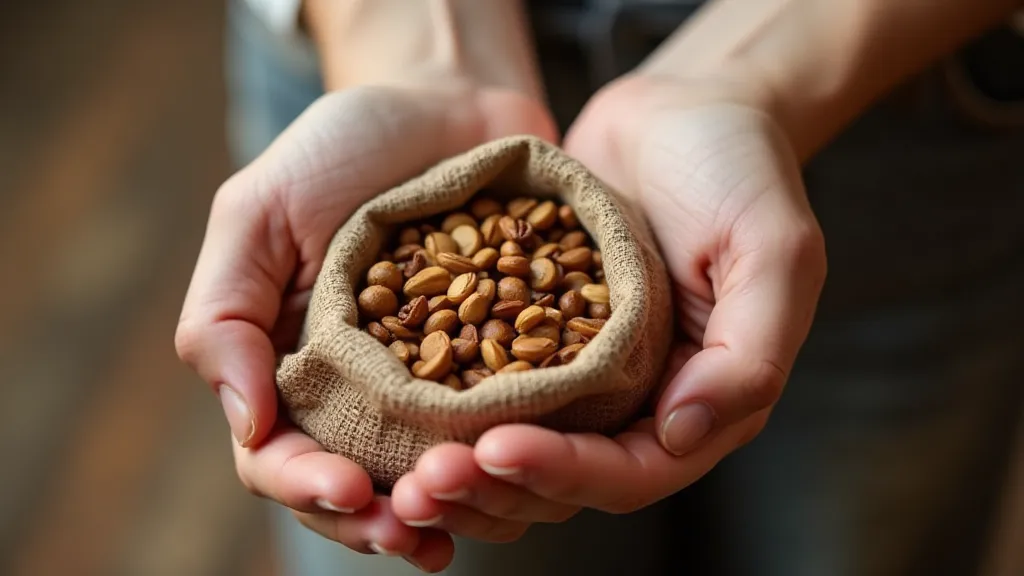
Anise, whether enjoyed as a culinary delight, a divinatory tool, or a fragrant addition to the garden, is a testament to the enduring power of nature and the human spirit. It is a reminder that even the simplest things can hold profound meaning, and that the past is always present, whispering its secrets to those who are willing to listen. Like the melancholic beauty of an antique accordion, the scent of anise evokes a feeling of longing, a connection to something timeless and deeply resonant.
